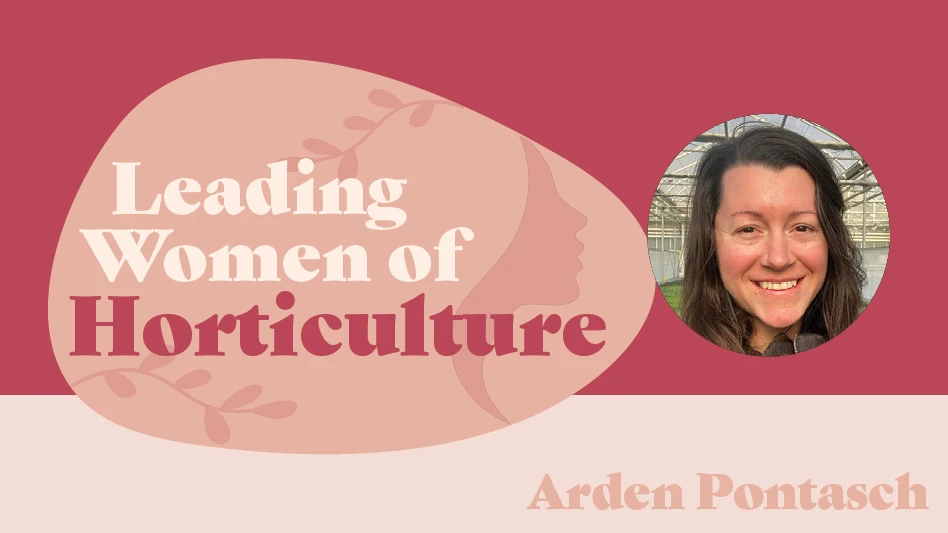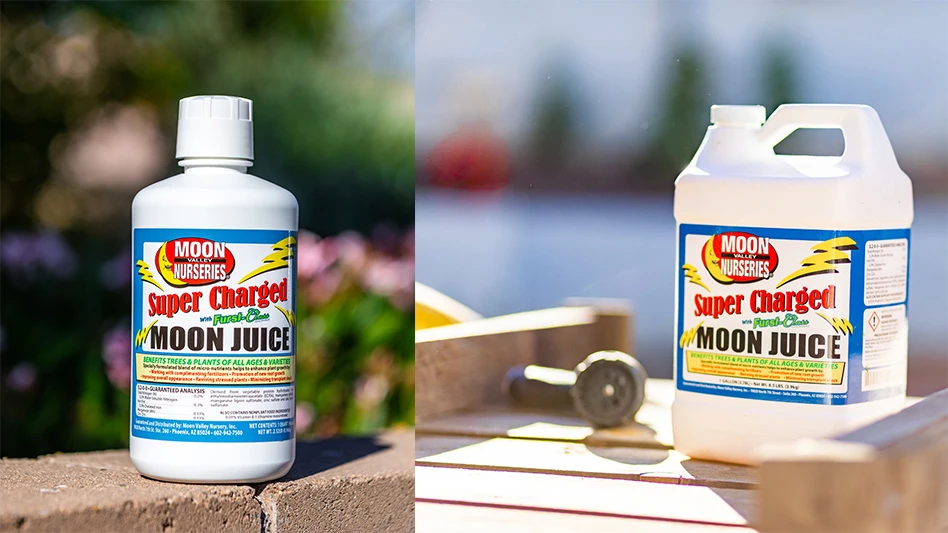
 OHP, Inc. announced in September that it is selling substantially all of its assets to AMVAC Chemical Corp. of Newport Beach, Calif. The deal closed in early October, and the terms were not disclosed.
OHP, Inc. announced in September that it is selling substantially all of its assets to AMVAC Chemical Corp. of Newport Beach, Calif. The deal closed in early October, and the terms were not disclosed.
OHP will continue to operate as it has in the past and there will be no changes to staff, products, customers or operations. AMVAC will operate the business as a wholly owned subsidiary under the name of OHP, Inc. Dan Stahl, OHP’s general
“We are very pleased to now be a part of AMVAC,” says Stahl. “The cultural fit, resources and business development approach of AMVAC will create tremendous opportunities for growth. I am truly excited to be a part of the AMVAC leadership team and look forward to continuing the future growth of the OHP business.”
OHP is a leading supplier of chemical and biological pesticide solutions specifically packaged and
“After so many years of involvement in this industry, I am confident that AMVAC represents an ideal owner to foster and grow the OHP business well into the
In its 30-year history, OHP has grown to hold a leading position in the greenhouse and nursery pest control market.
“We are extremely excited to have OHP be a part of AMVAC,” Trogele says. “The reputation and quality of the entire OHP team
For more: www.OHP.com; www.american-vanguard.com

TreeTown USA purchases Village Nurseries
In late September, TreeTown USA announced a definitive purchase agreement to acquire Village Nurseries, a specialty grower for landscape professionals,
The strategic acquisition of Village Nurseries supports TreeTown USA’s continued growth plans and accelerates entry into new and adjacent markets. With the addition of its new west coast division, which will continue to operate under its trade name of Village Nurseries, TreeTown USA’s operations will encompass 16 farm locations throughout California,
“This acquisition is an opportunity to merge two excellent companies that share the same customer-centric cultures,” says Saperstein. “We will capitalize on the combined resources of the company to create industry leading best practices while fostering a safe and rewarding work environment for our 1,500-plus full-time employees.”
“We are extremely excited about this transaction and the potential it brings,” says David House, president of Village Nurseries. “It allows us to partner with one of the industry’s leading wholesale nurseries and positions us to expand our geographic reach to industry professionals seeking the wide breadth of trees and shrubs we offer, many of which are patented or exclusive and not readily available at other wholesale nurseries.”
TreeTown USA’s financial advisor is Armory Securities, LLC, and its lead legal advisor is Jannol Law Group. Village Nurseries financial advisor is B. Riley & Co., and its lead legal advisor is Shulman, Hodges & Bastian LLP.
For more: www.treetownusa.com; www.villagenurseries.comBailey Nurseries rebrands plant development arm to Bailey Innovations
Bailey Nurseries has continued the expansion of its in-house plant breeding and development“By renaming our product development arm, it puts a greater focus on one of our primary objectives: bringing the best woody ornamentals to market,” says Bailey Nurseries President Terri McEnaney.
“We’ve worked very hard since purchasing PII to strengthen our offering of new shrubs through vigorous testing, creative breeding, and tireless research to determine consumer demand. Bailey Innovations will continue that work and introduce only the best new varieties through Endless Summer Hydrangeas, First Editions Plants, Easy Elegance
For more: www.baileynurseries.com
Connecticut’s $4 billion ag sector dominated by green industry
Connecticut agriculture is dominated by green industries, including nurseries and greenhouses, floriculture, and sod farms.
Those, along with egg and poultry production and dairy farming, make up the largest sectors in the state’s $4 billion sales, according to a new study by the University of Connecticut’s Zwick Center for Food and Resource Policy, which offers the most comprehensive assessment of the total value of ag’s contribution to the state’s economy since an initial review in 2010.
The greenhouse and nursery sector alone accounts for nearly half of the state’s agricultural product sales, according to the report.
Overall, agriculture provides more than 21,000 jobs and $800 million in wages to the state’s economy. On a per capita basis, the agricultural industry generates approximately $1,100 in sales per Connecticut resident.
A major goal of the study is to increase awareness about the larger role the agricultural industry plays in the state’s economy and to provide quantitative information for decision making and resource allocation directed at the agricultural
The study used three models of the Connecticut economy to capture the scope of the agricultural industry, its links to the rest of the state economy, and to assess its contribution to statewide output and jobs.
Each dollar in sales generated by the agricultural industry creates an additional dollar worth of economic activity statewide.
The highest job creators per million dollars in sales
For more: http://bit.ly/2z1sK1e

Boxwood blight nursery best practices revised
AmericanHort and the Horticultural Research Institute (HRI), in conjunction with the National Plant Board (NPB), have released Boxwood Blight Best Management Practices, version 2.0.
The original version was published in 2012 on the heels of the discovery of boxwood blight in North Carolina the year prior. HRI quickly established a fund dedicated to boxwood blight research, and a boxwood blight working group composed of industry leaders and state regulatory representatives convened to develop prevention strategies. The original Boxwood Blight Best Management Practices document was produced out of this collaboration.
Since then, a slew of new research has been underway.
Early research focused on the basics of boxwood blight management, such as fungicide efficacy studies and cultivar resistance evaluations. Recent focus areas have included (but are not limited to)
For more: http://bit.ly/boxwoodblightbmp2

Explore the November 2017 Issue
Check out more from this issue and find your next story to read.
Latest from Nursery Management
- Plant breeding as an art
- Society of American Florists accepting entries for 2025 Marketer of the Year Contest
- Sustainabloom launches Wholesale Nickel Program to support floriculture sustainability
- American Horticultural Society welcomes five new board members
- Get to know Christopher Brown Jr. of Lancaster Farms
- American Floral Endowment establishes Demaree Family Floriculture Advancement Fund
- The Growth Industry Episode 3: Across the Pond with Neville Stein
- The Growth Industry Episode 2: Emily Showalter on how Willoway Nurseries transformed its business






